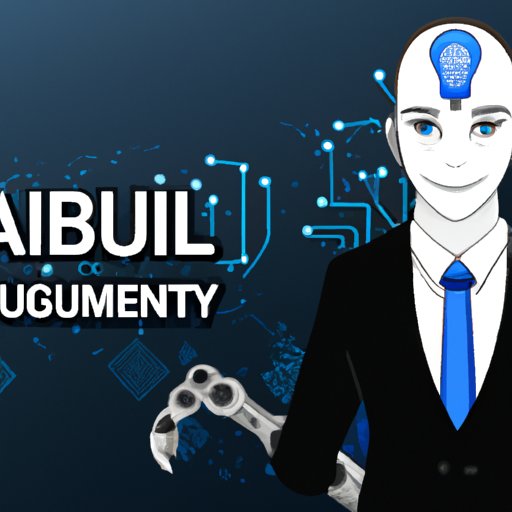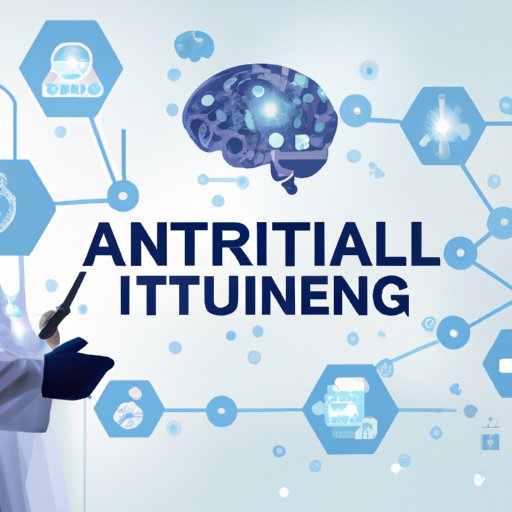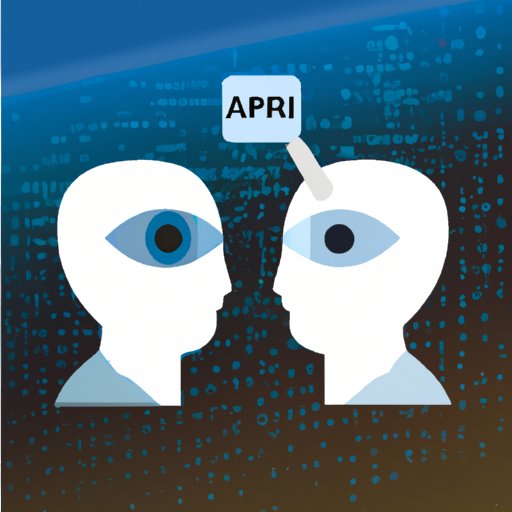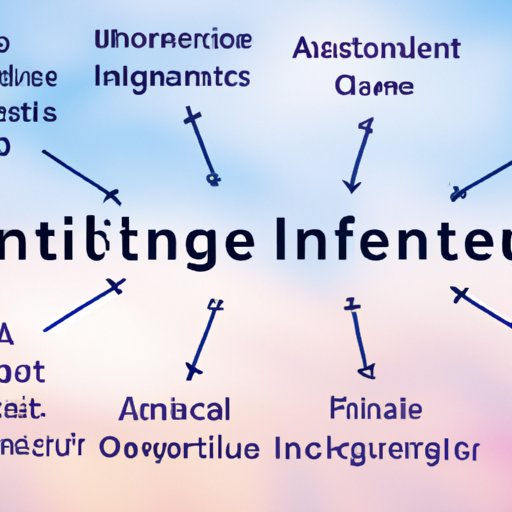Introduction
Artificial intelligence (AI) is a rapidly evolving technology that has changed the way we interact with the world around us. AI is defined as the ability of machines to perform tasks that would normally require human intelligence, such as recognizing objects or making decisions. As AI continues to become more advanced, it is increasingly being used in various aspects of our lives, from healthcare to education to business. In this article, we will explore how AI is impacting our lives today, from its potential benefits to its ethical implications.
Exploring the Potential Benefits of AI
One of the most significant advantages of AI is increased efficiency and productivity. AI can automate tedious and time-consuming tasks, allowing humans to focus their efforts on more complex and creative endeavors. This can lead to improved quality of life for individuals, as well as greater economic growth for businesses. Additionally, AI can be used to analyze large amounts of data quickly and accurately, enabling organizations to make more informed decisions.

Assessing the Impact of AI on Job Opportunities
The development of AI has led to the automation of certain jobs, which could potentially lead to job losses. However, AI is also creating new job opportunities, such as those in the field of AI engineering. Additionally, workers will need to develop new skills to accommodate the implementation of AI technologies. For example, they may need to learn how to work with AI systems or understand how AI algorithms work.
Analyzing the Ethical Implications of AI
As AI becomes more prevalent, there are concerns about its ethical implications. For example, algorithms can be used to make biased decisions, such as those related to hiring practices or loan approvals. Additionally, autonomous weapon systems have the potential to cause harm if not properly regulated. There is also the risk of unregulated AI technologies, such as facial recognition software, being used for unethical purposes.

Examining the Use of AI in Education
AI is being used to facilitate student learning and engagement in the classroom. AI-based tools can provide personalized instruction and feedback to students, helping them to better understand difficult concepts. Additionally, AI is being used to enhance online learning platforms, providing students with access to interactive tools and resources. Finally, AI can be used to support educational institutions by improving administrative processes and decision making.

Understanding the Role of AI in Healthcare
AI is being used to assist with diagnosis and treatment in the healthcare sector. AI-based systems can quickly identify patterns in medical data, enabling clinicians to make faster and more accurate diagnoses. AI can also be used to increase access to care, particularly in rural or underserved areas. Additionally, AI can improve patient care by providing more personalized treatments and monitoring patient health.

Investigating the Effects of AI on Privacy
The use of AI can raise concerns about privacy, as it can be used for surveillance and tracking. AI-enabled systems can collect and store large amounts of data, which can be used for predictive analytics and targeted advertising. Furthermore, there is the risk of data breaches, as AI systems may be vulnerable to cyberattacks. Therefore, it is important to ensure that AI-based systems are secure and comply with privacy regulations.
Tracking the Development of AI in Business
AI is being used in business to automate tasks such as data entry and customer service. AI-based systems can also improve operational processes and decision making, leading to increased efficiency and cost savings. Additionally, AI can be used to enhance customer service, providing customers with personalized experiences. As AI technologies continue to develop, businesses should consider how they can best utilize AI to improve their operations.
Conclusion
In conclusion, AI is having a profound impact on our lives, from increasing efficiency and productivity to enhancing data analysis and decision making. While there are potential benefits of AI, there are also ethical implications that must be taken into consideration. Additionally, AI is being used in education, healthcare, privacy, and business, highlighting its versatility and potential. Despite the challenges of implementing AI, the future outlook is promising, as AI continues to evolve and become an integral part of our lives.
(Note: Is this article not meeting your expectations? Do you have knowledge or insights to share? Unlock new opportunities and expand your reach by joining our authors team. Click Registration to join us and share your expertise with our readers.)
